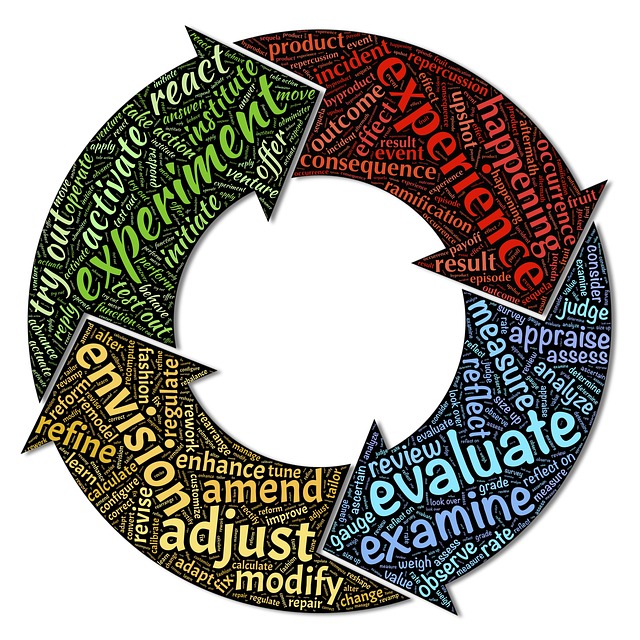Danielle LaPorte – blogger, author, entrepreneur, podcaster and inspirational speaker – was recently interviewed by Tami Simon on the topic, Resilience in Challenging Times. When asked how she is coping in the current Coronavirus crisis, she explained that in the main she is “feeling resilient” but sometimes drops out from her centre and experiences intense feelings of pain and sorrow. For her, resilience is “coming home” to your true centre and your life as it is. Danielle reinforced the need to fully face our fear and anxiety, rather than deny the reality of what is happening for us. She reminds us that acceptance – accepting what is – is core to mindfulness, mental health and happiness.
Scenario thinking as a way to manage the uncertainties of life and business
Danielle drew on her role as a “social visionary” to recommend using scenario thinking as a way to manage through the uncertainties that confront us on every dimension of our lives today. For example, with the staff of her entrepreneurial business she explored potential scenarios as they move forward, including the “worst possible” scenario. Facing up to the worst possible scenario and exploring how you could cope gives you a sense of control over fear and anxiety – you have faced up to the thoughts that generate your fears and anxiety and diffused them by identifying ways to cope (rather than letting them whirl around in your head and disorientate you by pulling you away from your centre). Danielle indicated that she applied scenario thinking to her personal life as well, even facing up to the possibility of her own death through Coronavirus infection.
In line with her scenario thinking and her role as a social futurist, Danielle suggested that the Coronavirus will bring out the best and worst in people. We have seen this already, on the one hand, in panic buying and profiteering by hoarding and selling scare resources at exorbitant prices; on the other hand, the growing prevalence of kindness, thoughtfulness, generous sharing and compassionate action. Danielle drew on Barbara Marx Hubbard’s analogy of the “crisis of birth” to talk about the pain of establishing a new world order where there is increasing integration of the scientific, social, economic and spiritual capacities of the human race through a process of “conscious evolution”.
The growth of heart-centred leadership
Danielle maintained that the current crisis creates a situation where heart-centred leadership becomes the new norm. Leaders and managers of people working remotely as a result of enforced physical isolation are confronted with the need to be empathetic to the adverse situations experienced by many of their staff – some with ill parents, school-aged children at home, inadequate space, lack of necessary technical resources or inexperience in operating within a working from home environment. Heart-centred leadership requires the development of compassion, a perception of leadership as resonance and the capacity to build leadership agility.
Danielle herself demonstrated heart-centred leadership when she spoke of “bothness” – the capacity to not only see and face your own suffering but also to recognise that others are suffering too, often experiencing much worse conditions and life circumstances than you are. For example, she explained that the experience of a short supply of a particular grocery item bears no comparison to someone else’s situation where they have no food or any likelihood of obtaining anything that is nourishing. Danielle suggests that her own pain and suffering is connecting her with “someone else with more pain”. In the mutual experience of crisis, lies the energy of connectedness.
Reflection
The current Coronavirus crisis precipitates the development of self-intimacy rather than self-denial, the promotion of compassionate action over self-absorption, the growth of heart-centred leadership over narcissistic leadership and the emergence of a greater sense of connectedness, rather than disconnection. As we grow in mindfulness – deep awareness of our self and others – through mindfulness practices, reflection and scenario thinking, we can maintain a positive mindset and contribute, however painfully, to the growth of a new, integrated world order.
____________________________________________
Image by Leslin_Liu from Pixabay
By Ron Passfield – Copyright (Creative Commons license, Attribution–Non Commercial–No Derivatives)
Disclosure: If you purchase a product through this site, I may earn a commission which will help to pay for the site, the associated Meetup group and the resources to support the blog.


